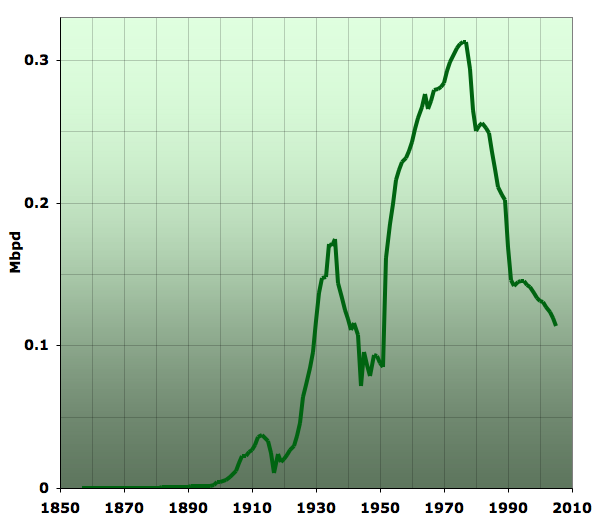e-co
While the Chicago Tribune recently had an extended piece on Peak Oil (covered at TOD), the LA Times hit the ecology front with a lengthy piece on ocean slime. They hit the nerve-endings pretty hard initially with this intro:
Moreton Bay, Australia -- The fireweed began each spring as tufts of hairy growth and spread across the seafloor fast enough to cover a football field in an hour.Later on in page 6, it says this:
At its peak in summer, the weed now covers as much as 30 square miles of Moreton Bay, an estuary roughly the size of San Francisco Bay. In one seven-week period, its expansion was measured at about 100 square meters a minute -- a football field in an hour.So the intro mislead the reader into believing that the plant grew at the rate of a grass fire whereas they really implied that the cumulative growth applied to the entire bay... oh well.
Air America's Ecotalk discussed the current status of coral reefs and ocean pollution here -> [mp3 - 12 minutes].
And more disgusting man-made slime here.

As the LA Times piece shows, I see how some of these stories occasionally exaggerate a bit and feed the claims of conservatives and libertarians that ecological horror-story-tellers completely overblow their claims. However, I do find it interesting how green organizations like the Sierra Club have slowly transformed their original charter into stewards for the common man. Take a look at the work that the Sierra Club has sponsored in New Orleans and Mississippi: Are FEMA trailers 'toxic tin cans'?
It turns out that the times have almost forced greens like the Sierra Club have to take up the business of protecting our citizens from environmental poisons -- largely because BushCo has busily dismantled the traditional agencies responsible for stewardship such as the EPA. Since the EPA has just about gone kaput in many people's minds, the Sierra Club finds itself probably best equipped to take up the work.














 A basically pointless urban myth has arisen once more in the form of a Mobil Oil radio advertisement. The ad recommends that car drivers turn on their air conditioning rather than roll down their windows to stay cool. They claim that the A/C uses little energy while the open windows and rear window act like a huge parachute, making the engine work harder at a given speed.
A basically pointless urban myth has arisen once more in the form of a Mobil Oil radio advertisement. The ad recommends that car drivers turn on their air conditioning rather than roll down their windows to stay cool. They claim that the A/C uses little energy while the open windows and rear window act like a huge parachute, making the engine work harder at a given speed.








